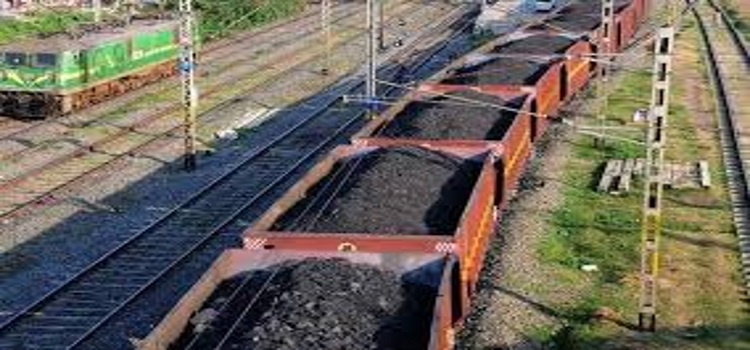
The Railways has achieved its highest-ever freight loading in fiscal 2018, supported largely by the additional transport of commodities such as coal, cement and containers.
This has helped the Railways buck the gloomy trend of the previous two fiscals, when there was a down-slide in ‘throughput’ — a common parameter that measures both loading and average distance.
The Railways loaded 1,167.5 million tonnes in FY18, lugging an additional 53 MT over the previous year’s 1,108 MT. The incremental loading was supported by a sharp uptick in the loading of coal and other commodities such as cement as also containers.
Coal accounts for 40 per cent of the total extra goods the public carrier loaded in the year. While cement’s share was 20 per cent, containers formed 13 per cent of the total incremental cargo.
“Pig iron and steel are the next biggest contributors, accounting for 9 per cent of incremental loading growth,” said a Railway official.
The Railways has also reversed the drop in average freight distance. In FY18, goods travelled an average of 566 km on rail networks. This is higher than the average distance goods moved in the previous year (566 km), but is lower than the 594-km mark for FY16.
Commodities that travelled longer on the rail network in FY18 include coal and raw material for steel plants, pig iron and finished steel, iron ore, food grains and fertilisers.
This growth has been partly spurred by policies put in place by the Railways in the past two years. It has completed new networks, entered into long-term agreements with users and offered them freight discounts for moving extra cargo.
It has also done away with port congestion surcharge, a levy particularly unpopular with clients, that had prompted some of its customers to shift to other modes of transport and migrate to roads and waterways. One type of long-term contract the Railways is signing with some of its customers (from whom it gets bulk business) insulates it from freight tariff hikes.
